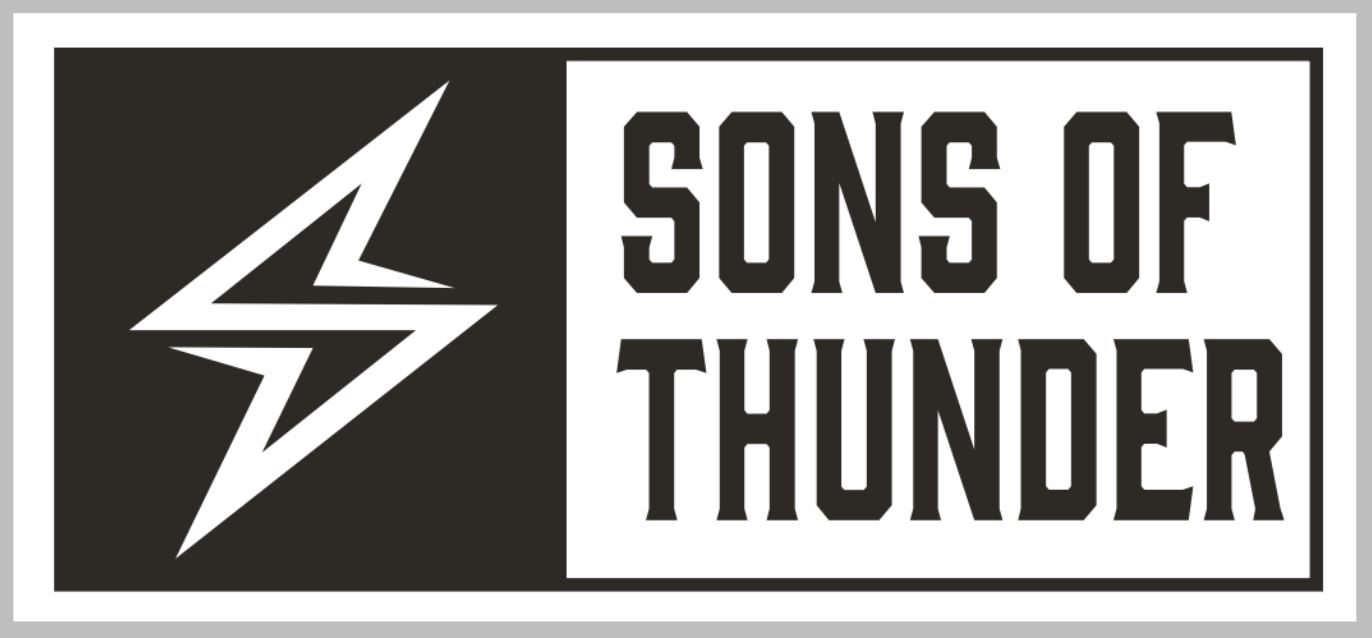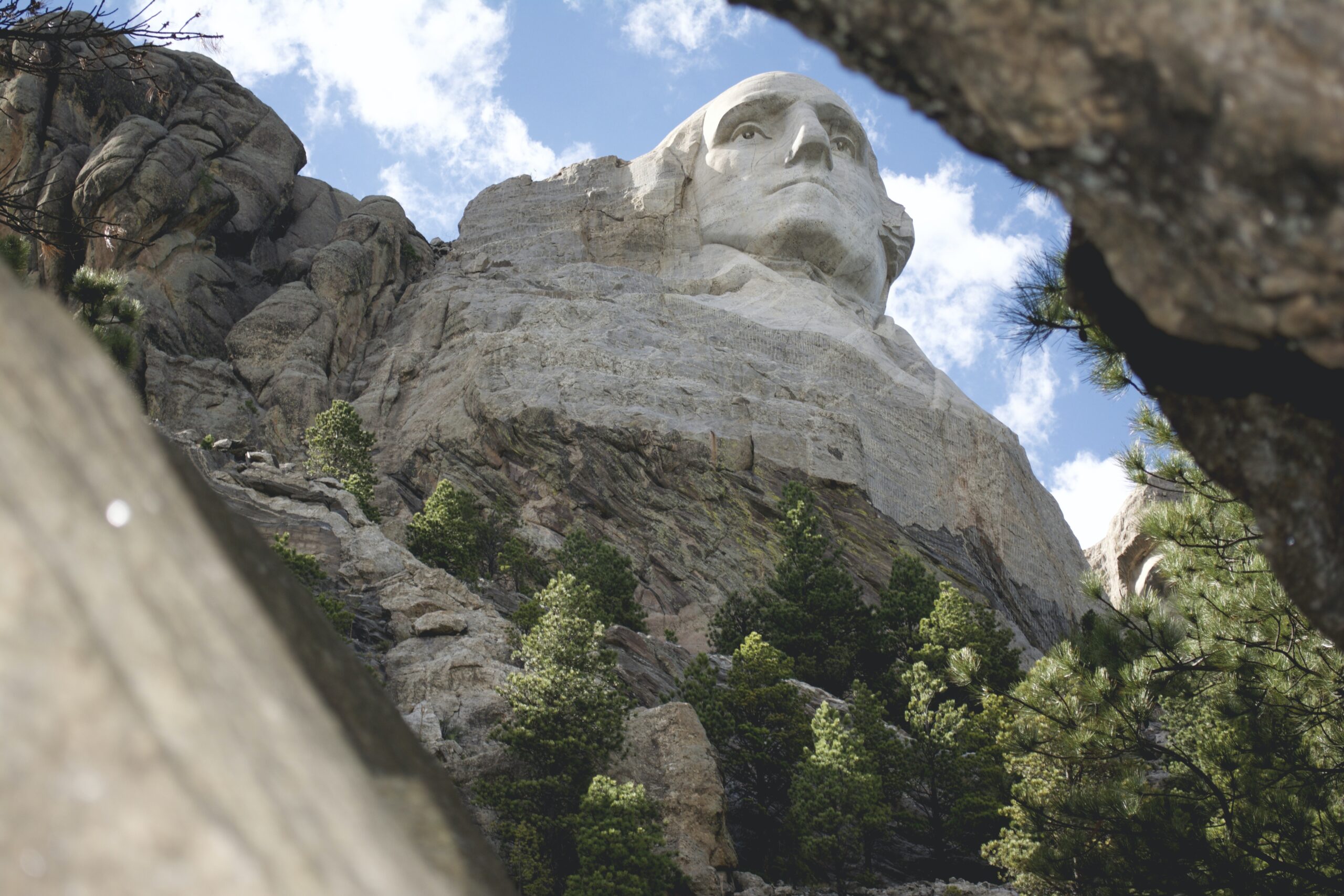My current reading is the far too long and dense biography of George Washington. I only gave myself permission to read the book because, after having read a similarly mammoth biography of Winston Churchill, I had to reestablish my patriotic bona fides. Joking aside, I have found great enjoyment and inspiration in learning of the lives of those who have lived exemplary lives and accomplished great things. A typical experience in reading such biographies is to notice themes about the subject that seem to pop up like a firefly in the dark. One such theme from Churchill’s life is his relentless energy and optimism. In the face of the Nazi German plague and the domestic fearmongers, he stood virtually alone to inspire the resistance that ultimately prevailed. I don’t go out of my way to pick out these themes, they just have a way of calling attention to themselves. In the case of George Washington, the principle theme of his life seems to be one we seldom discuss or consider in modern times. His life was one ribboned in Glory.
Examining his pre-Revolutionary War life, it’s hard to determine exactly what made him the clear cut choice as General of the United States army. A short, less than illustrious time in the British army, a career as a real estate speculator, and an operator of a plantation that sometimes failed just to break even hardly seem the stuff of a glorious life. Yet, even in his early 20’s, his reputation among others had worked to propel young Washington to military leadership. Once in that leadership, he blundered tactically, but shone irresistibly as a commander. That reputation was the beginning of a life hallmarked by millions insistently raising him to the heights of American power. I want to explore a few of the characteristics that made him a Man of Glory; not just in his own time, but also in the eyes of generations past, present, and future.
I. Strength
First hand accounts of those who observed the life of Washington pepper their remarks with notes of his physical prowess. His posture and demeanor were immaculate. When he walked in the room, an air of dignity flowed from him. He was an able and athletic dancer at the high society gatherings of his time. Astride a horse he was known to look especially impressive. Though not in perfect physical shape (he was known to be a little on the pudgy side as he aged), he still maintained a spirit of strength and ability. True, Washington was naturally given physical proportions that made him a physical presence, but it is well within all of our abilities to emit physical strength. It is not necessary to be a hulking Schwarzenegger to be strong. We can, and should, do simple things that maintain our physical figure. Treating your body with the dignity it merits as a gift from God can include something as simple as paying attention to your posture. Walk as if you are a man worthy of respect. Lift some heavy things as often as you can. Be physically active in some domain. A man who wishes to be strong for the right reasons will be enlightened with a flurry of ideas to do so, regardless of any physical abilities and disabilities. Make the most of the body you’ve been given.
II. Courage
A feeling of inadequacy runs through many of George Washington’s writings. Though he pursued positions of leadership throughout his life, as those positions drew near, he was keenly aware of his shortcomings that may have led him to fail. When appointed General of the army, he was painfully afraid of failure and what that would mean for his reputation and the fate of his nation. When unanimously elected President, he was overcome with fears of the country falling apart under his watch. A courageous man is not a man devoid of fears. In the case of Washington, it is quite the opposite. A man of courage is one who acts decisively and vigorously in spite of those fears. George Washington stepped up to the plate time and time again when his name was called. In battles he was known to be riding on his favorite white horse in the hottest part of the action, making him a tantalizing target. Over and over again he subjected himself to physical and emotional stress as general and then again as president. He sets an example for all of us who often feel small, weak, and afraid. Shrinking into the shadows does not assuage those feelings, it only turns them into the poison of self-loathing and shame. Step up and do those things you know you should do. Summon enough courage to push the multitude of fears aside.
III. Duty
A major drive of Washington’s life was a sense of duty to others. In his personal affairs, he was meticulous and relentless. Though his mother was unloving and ungrateful, he dutifully provided for her every need until she died. Almost every day he was at Mount Vernon, he undertook a physical inspection of his vast properties. He kept scrupulous financial records as well as a daily diary recording the day’s events. If a task was not being done correctly, he would alight from his horse, roll up his sleeves, and show how the work was to be performed. As noted when he was general, he often went to the most dangerous parts of the battle as he felt it only right that if his soldiers had to be dangerously engaged, so did he. One of the most poignant vignettes of duty came at a time when his army was threatening defection and anarchy, having not been paid in months. Washington made a surprise visit to a meeting of those officers who were spearheading the revolt. He asked to have a word, and brought out some prepared remarks. As he struggled to read, he donned his newly purchased reading glasses, saying, “Gentlemen, you will permit me to put on my spectacles, for, I have grown not only gray, but almost blind in the service of my country.” With that, tears flowed from many of the officers’ eyes, and plans for revolt quickly evaporated. Be a man of duty. Shoulder those responsibilities you’ve been given, not with sadness and remorse, but with pride, solemnity, and energy.
IV. Integrity
Without the integrity of George Washington, the United States would likely have failed to launch. As the Continental Congress decided on the supreme leader of the army, their deliberations seemed to point only to Washington as the obvious choice. There were, of course, other options. Men more well-connected, well-read, well-spoken than Washington, but they lacked the character needed to lead the army. Those other candidates feverishly self-promoted for the position in both word and deed. At the congress, they spoke long and hard about their own qualifications. Conversely, Washington seldom made any remark, and almost never in his own favor. For a position of almost supreme power, a man motivated by truth and righteousness rather than ambition was needed for the job. Several years later in a parallel congress, the
Constitution was being composed and debated. As George Washington presided over the proceedings, the delegates wrung their hands about an executive branch that would devolve into tyranny. Only by looking at the man who would be the Father of the Nation could they be comforted. Again, they knew Washington’s integrity could be trusted implicitly to execute the highest office of the government. As the first president, he would go on to set the standard for rectitude against which all subsequent presidents have been judged. You are called to be a man of similar integrity. One who has solemn made promises with God and our fellow men is called to a life of sterling integrity.
———————-
Glory is an interesting concept, because one who demands it does not have it. What made George Washington singular was that millions voluntarily wished him to be their leader. If he had commanded their fealty by force, he would be a despot and dictator, not a Father of the Country. It is because he earned the freely given love and respect of others that the character of George Washington shines through history with brilliant Glory. This article points out his virtues, but it goes without saying that he was a man riddled with human folly. After all, though he was obsessed with liberty, he held hundreds of humans in bondage. His shortcomings are the natural state of humanity, but his virtues are what set him apart. His virtues are the things that illuminate his name in our consciousness. What’s the point of studying figures of history if they
fall short of perfection? It is because their virtues show us a glimpse of One who embodies all virtues.
If the Glory of George Washington glows, the Glory of Christ fills all existence. It is He who was a model of strength: He carried the infinite burden of our sins, weaknesses, and sorrows. It is He who is a model of courage: He didn’t shrink from the bitter cup, He drained it fully. It is He who carried out His duty: He saved us from the recompense of our sins to offer us Eternal Life. It is He who has unbreakable integrity: His word is from eternity to eternity. With these virtues and more, He has earned all Glory. The compelling part? Christ is not content with earning and basking in His glory. Rather, He calls you and me to be like Him. He calls us to be individuals worthy of Glory. It’s a monumental task, but what other aim would be worthy of the pursuit of a lifetime?



One thought on “Man of Glory”
This is exactly why its important to study our American history. As we come to better understand those who sacrificed so much to establish this country, it Instills in us a sense of pride and responsibility as Americans. It reminds us that freedom isn’t free. We have greater respect for the defenders of our nation, both at home and abroad,and we develop gratitude for our God given rights as human beings.
Comments are closed.